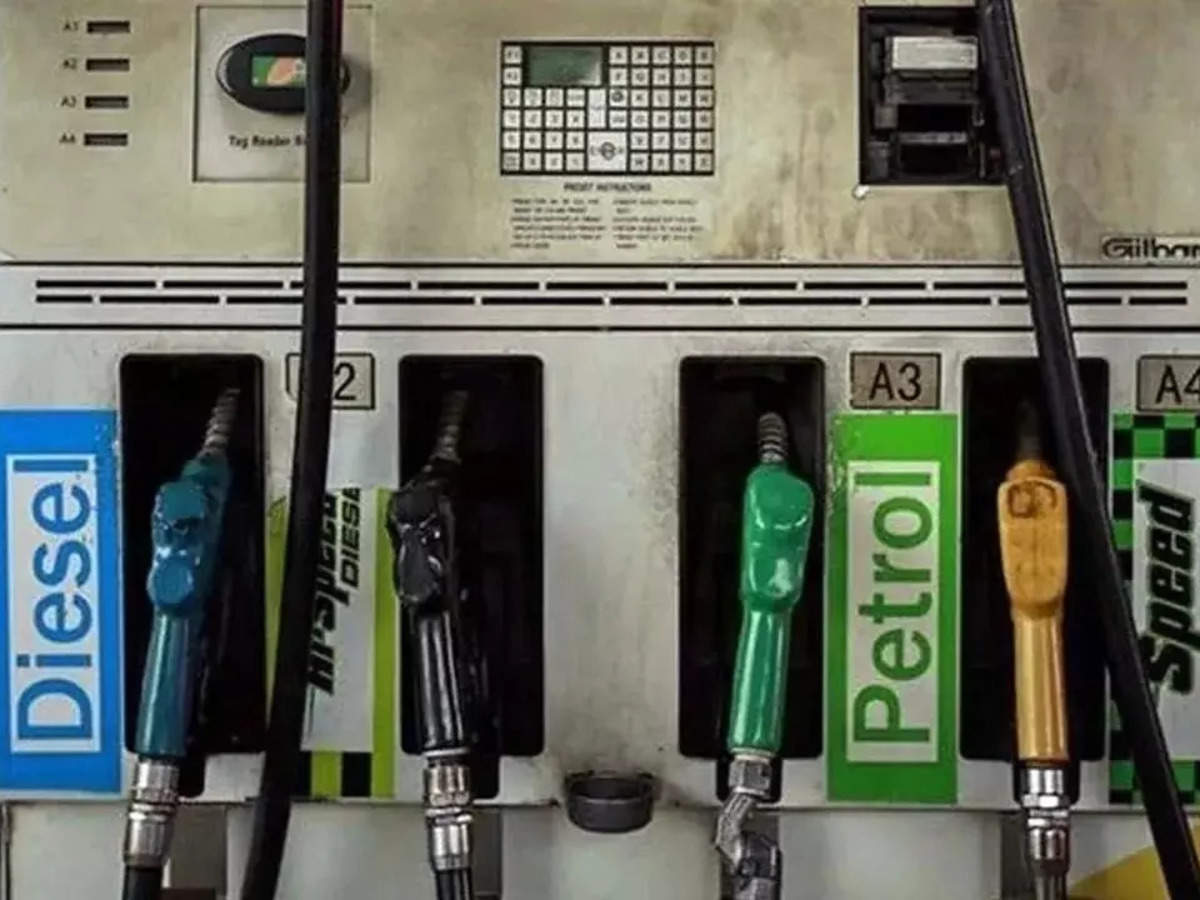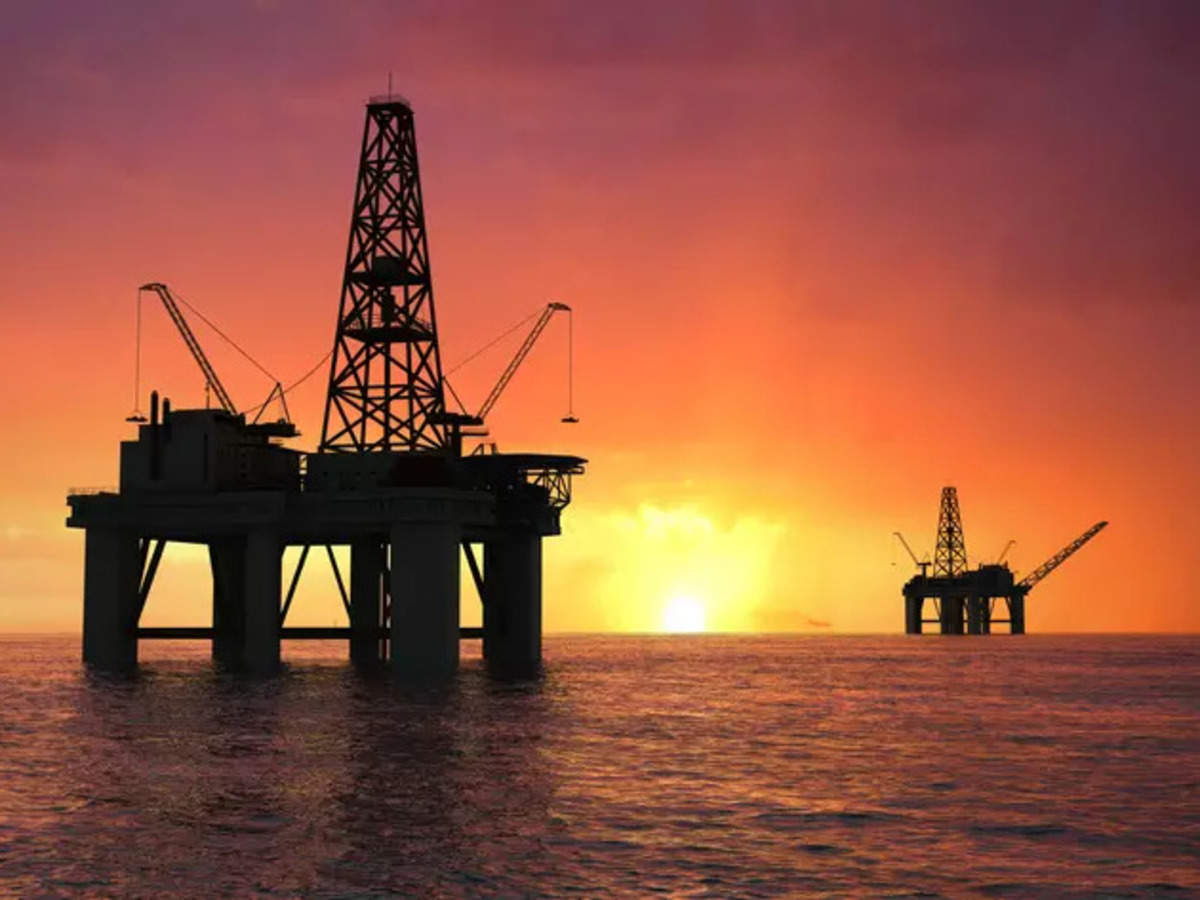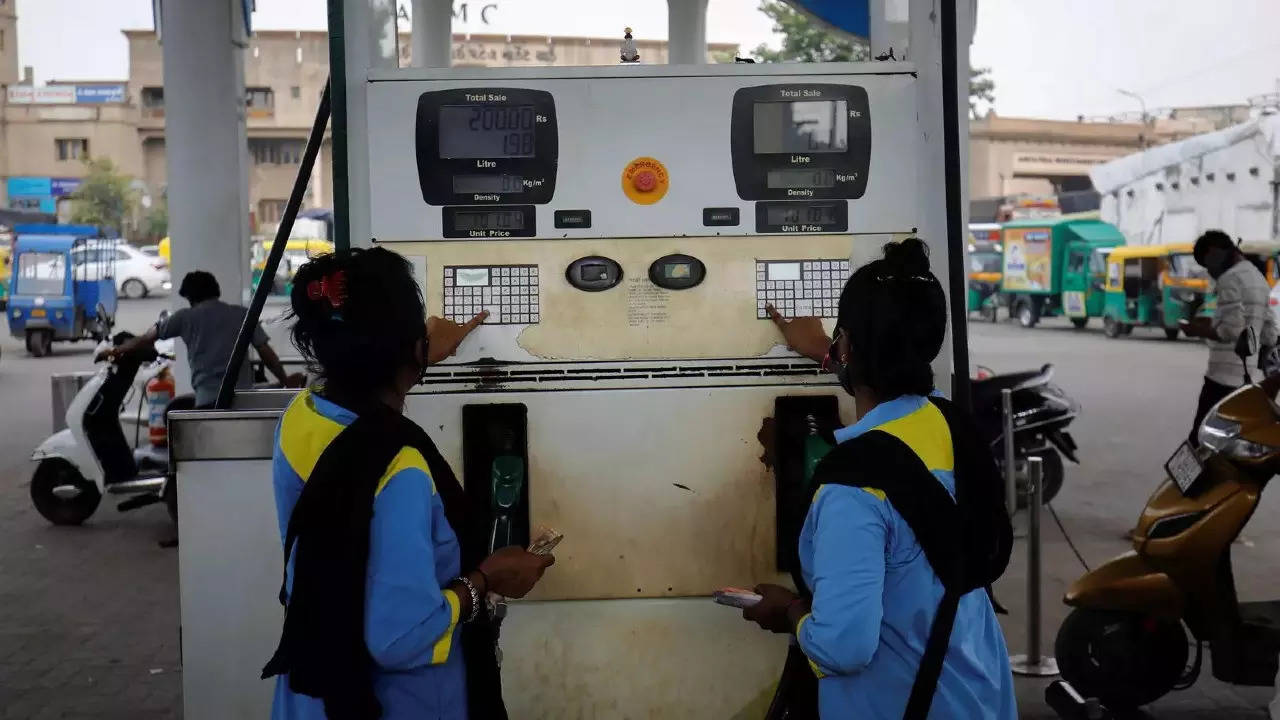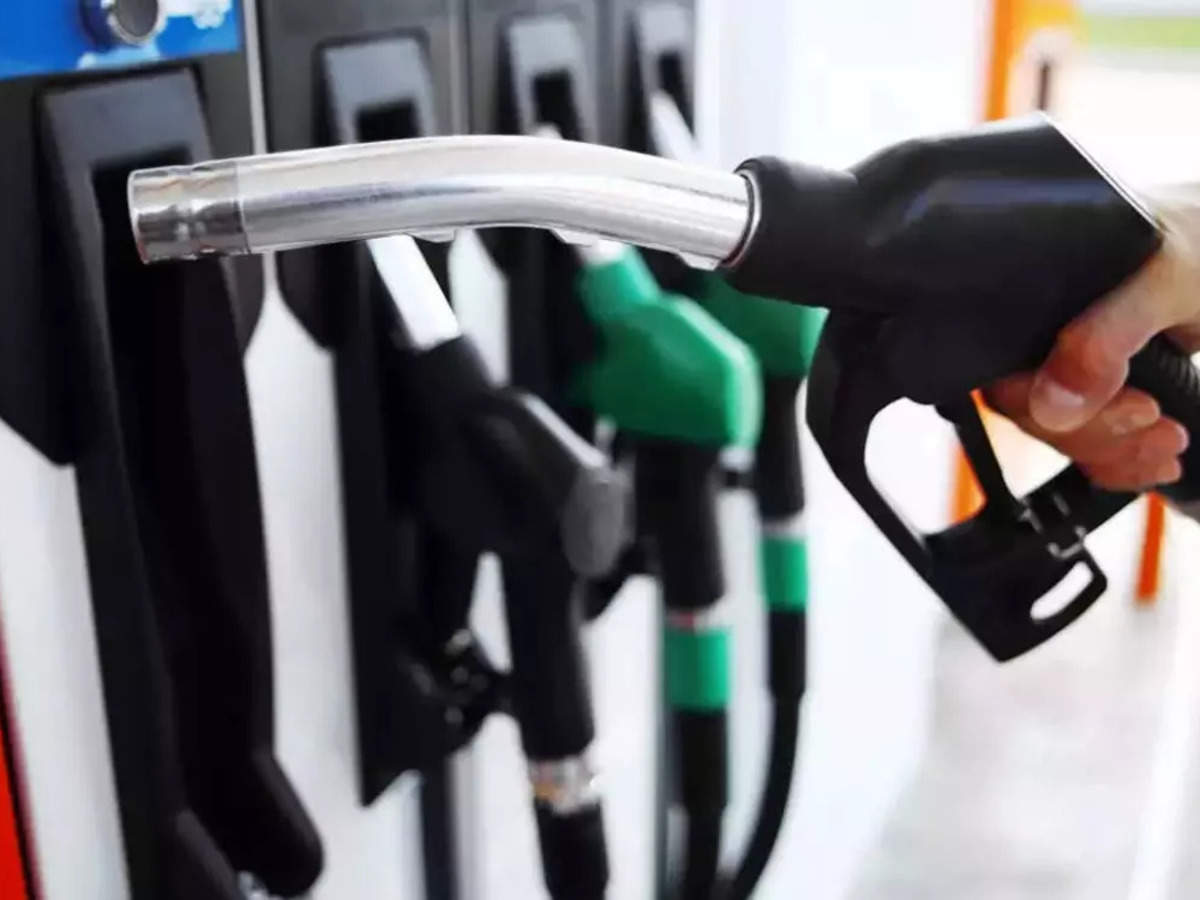The center increases surplus profit taxes on fuel and ATF exports in addition to the local crude tax in 2022

The centre increases surplus profit taxes on fuel and ATF exports in addition to the local crude tax in 2022
New Delhi, July 1 (PTI) The law instituted a windfall tax of Rs. 66,000 crores on locally produced crude oil on Friday after some refineries generated “amazing profits” by exporting gasoline and diesel at the stake of domestic supplies. From July 1, the notifications from the finance ministry, there will be a Rs 6 per liter tax on the shipments of gasoline and ATF and a Rs 13 per liter tax on the export of diesel.
Additionally, a tax of Rs 23,250 per barrel was imposed on domestically manufactured crude oil, which at the level of production of about 29 million tonnes in the previous year generates government a total of 66,000 crores annually.

The income from the capital gain tax on oil and the output levy should offset the Rs 1 lakh crore hit the company took when it scaled back the global epidemic hike in excise duty on gasoline and diesel, assuming the tendency of transferring 5.7 million tonnes of fuel and 2.5 million tonnes of gasoline in the first two months of the financial that started in April 2022 persists for the entire fiscal.
The shipment tax is intended to discourage businesses from favoring international markets over domestic markets, including Reliance Industries and Nayara Energy, which Rosneft owns.
Minister of Finance Nirmala Sitharaman cited “phenomenal profits” that refiners made from abnormal prices they received from exporting products as the cause for the additional levies. It doesn’t object to people making money, she continued. “But if oil is unavailable (at gas stations), available (at gas stations), and they are exporting them with such incredible profits. We need it, at least partly for our residents, which is why we use a two-pronged strategy. “It is not intended to hinder exports or India to be the center for refining. Profit-making is undoubtedly acceptable, but extreme circumstances call for better measures, according to Sitharaman.

(ONGC) Oil Natural Gas Corporation and Indian Oil Ltd (OIL) reported record profits in the Third quarter (when world prices rose to a close to a 14-year high of USD 139 a barrel) and led the charge for the windfall tax on oil producers.
In the fiscal year 2021–2022, ONGC declared a record net income of Rs. 40,306 crores on sales of Rs. 1,10,345 crore. In the fiscal year, OIL reported a net profit of Rs 3,887.31 crore. The second-largest oil producer in India, Vedanta’s Cairn Oil & Gas, too enjoyed record profits.
The total tax station will be close to 60% of the price of oil when the new levy is added to the royalty and development cess that producers presently pay for the oil sector.
A windfall tax is a one-time charge placed on businesses whose profits have increased majorly because of the favorable market conditions, not to any intelligent investment choices they may have made, better efficiency, or innovative thinking.

To earn USD 6.3 billion, the UK has imposed a 25% tax on “exceptional” revenues from North Sea oil production. Following Russia’s invasion of Ukraine, oil refiners, particularly Reliance Industries and four items Nayara Energy, made a mint by shipping petroleum to impoverished countries like Europe and the US.
They are alleged to have processed discounted Russian crude raw oil after the West spurned it and exported the fuel made from it to Europe and the US. For the fiscal year that ended March 31, 2023, the government enacted new regulations forcing oil companies that export gasoline to sell 50% of that volume on the domestic market. It has been at 30% of the amount shipped for fuel.
These export limitations serve to replenish the domestic gasoline supplies at gas stations, several of which had run out in the states like Gujarat, Madhya Pradesh, and Rajasthan because the private oil producers preferred to sell fuel abroad rather than locally.
Exports were preferred since retail prices for gasoline and diesel at main PSU dealers were restricted to levels well below their actual costs. As a result, private retailers, who hold less than 10% of the market, are forced to sell oil at a loss or risk losing market share if they sell it at a higher price.
According to Revenue Secretary Tarun Bajaj, the export tax will be paid to all shipments from any refinery, whether it is a domestic unit or just one (SEZ) facility. He added that the export restriction, which calls for a specific quantity to be sold locally, won’t apply to SEZ units.

At Jamnagar in Gujarat, Reliance runs two refineries, one of which is a national tariff area plant and the other of which is an SEZ refinery. In Gujarat’s Vadinar, Nayara has a residential tariff area unit. As per a statement from the finance ministry, local producers that sell their oil to domestic processors at prices that are considered competitive with international markets have benefited from the recent sharp surge in crude prices.
“As a result, local raw producers are benefitting unexpectedly. The statement stated that a surcharge of Rs 23,250 a tonne has been placed on crude. “This cess would not apply to raw imports.” According to the ministry, small producers who produced less than 2 million BPD of simple annually will not be subject to the new cess.
Additionally, no surcharge will be levied on the oil produced by a raw exporter more than the output from the previous year to encourage increased production. The ministry claimed that while the cost of crude has climbed majorly in recent years, diesel and gasoline prices have grown much more rapidly.

“The refiners sell these products at very high prices that are currently in effect worldwide. It has been discovered that some refiners are drying off their pumps in the home economy as exports become more lucrative, the report added, without mentioning any specific company.
Due to this, cess rates of Rs 6 per liter for gasoline and Rs 13 per liter for diesel have been put in place for their exports. Any exports of gas and diesel would be subject to these cesses.
“These actions wouldn’t have a negative effect on domestic retail pricing for gasoline and diesel. As a result, domestic retail prices wouldn’t alter. It stated that these steps would ensure the domestic supply of oil products.
On the export of aviation turbine fuel, a special additional excise tax (SAED) of Rs. 6 per liter has been applied (ATF). ATF has seen a dramatic increase in global pricing, much like diesel and gasoline. Hence an extra duty has been put in place.
edited and proofread by nikita sharma




